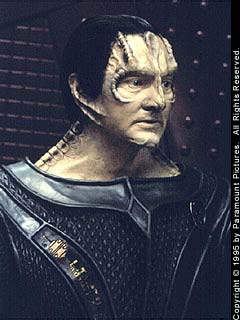Interesting...I took the test a few days ago and scored an 8. Just to check consistency, I took it again a few minutes ago to see if my answers or score would change. And, I got an 8 (I was actually surprised as tonight, I took more time, changed a few answers after reflecting, but the score was the same....here were the full scores:
Agree: 2,12,39: 1 point
Disagree: 1,8,29,30,50: 1 point
Score: 8).
This does not surprise me though, as I have never done well with math, patterns are something I work with and see well, but their not applying or being in the "right" order does not bother me, and I am comfortable with "messes" and change. My only take away is that there are all kinds of people, with different strengths and talents. BTW, my son would seem to fit more in the paradigm described. He has some very intense interests, does not like when things are not "just right" and sometimes gets lost in trying to express what is interesting to him and others do not necessarily get what he is talking about.


